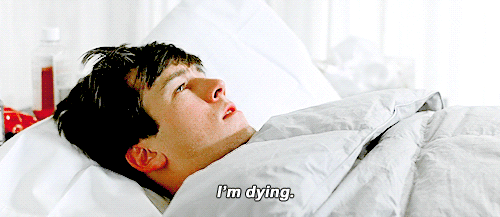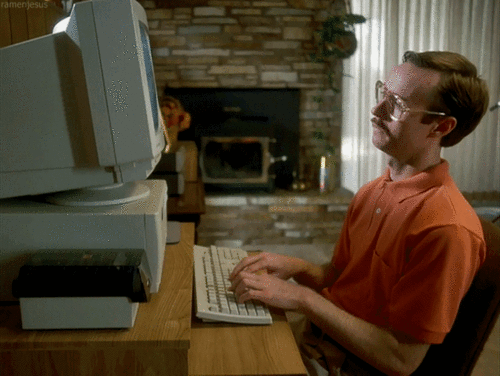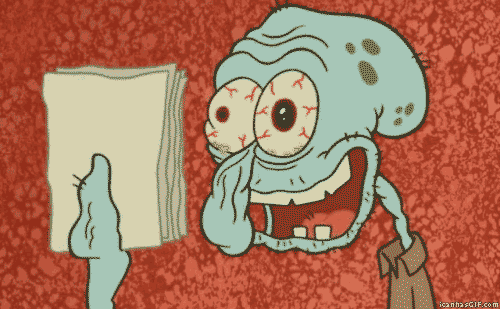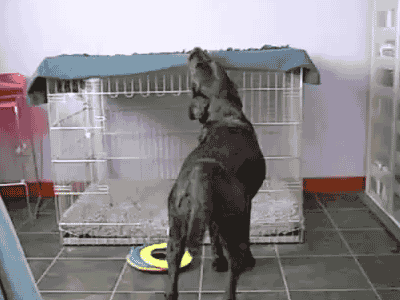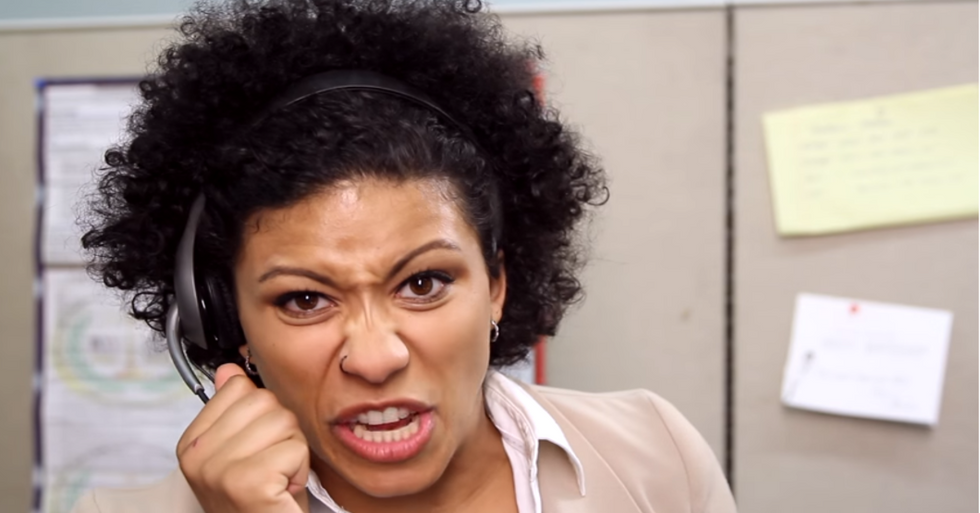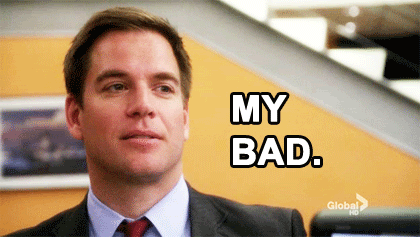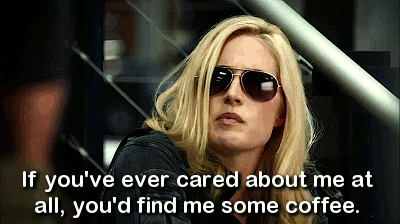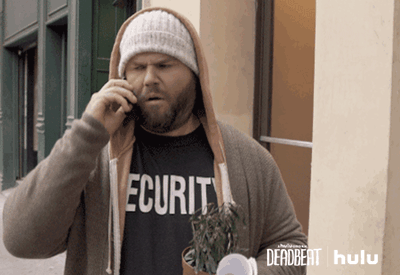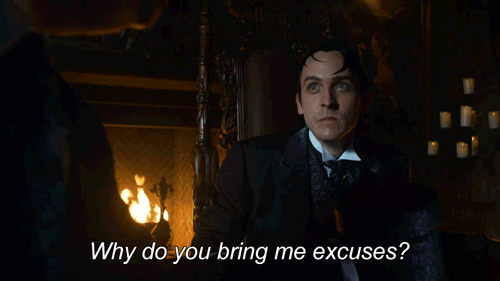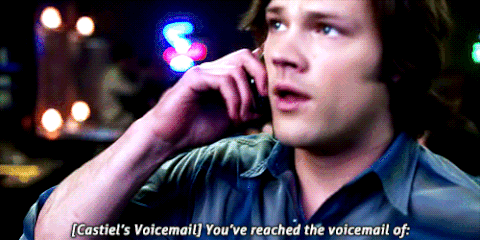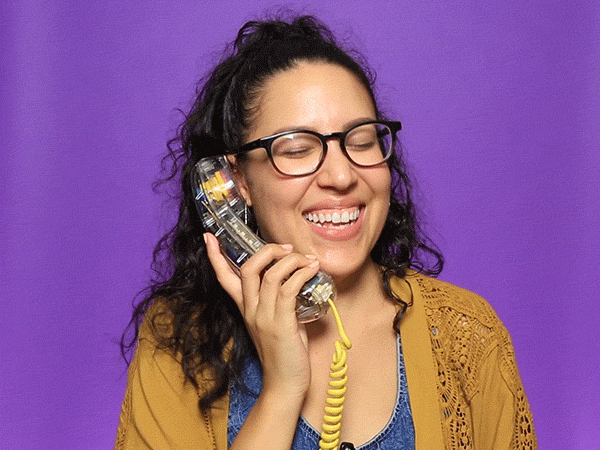Only the nurses were awake when I arrived at 4 a.m., shaky and exhausted. It had been a long night spent in the ER, and I just wanted to sleep. One of the nurses showed me to my room, a small space with a bed, a bathroom, and a large chair. The intake paperwork only took 20 minutes or so, and then they left me alone to rest.
The built-in radio by the window was mostly static, but if I tuned it just right, I could listen to Frank Sinatra on the '50s station. Something about that music playing softly in my hospital room made me feel safe. I watched the lights of downtown Cincinnati sparkle like fallen stars in the dark and could feel myself healing, as cheesy as that sounds.
I still felt uneasy by morning but made my way to breakfast anyway, then to group therapy, then to lunch, and so on. I kept my days full like that for the next week, going to every scheduled activity and therapy session. For the first time in a long time, I was putting real work into my recovery.
Here are some things I learned during my hospitalization.
1. Getting help is not a sign of weakness.
The EMT who rode in the back of the ambulance with me had a kind smile. He let me crack as many jokes as I wanted in my poor attempt to cope. I told him that I asked for help because I felt unsafe and wanted to start treatment again. I shared how afraid I was to be admitted to a hospital an hour from campus in a city I'd never even spent the night in before. I was scared that the doctors there wouldn't be able to help me. I dreaded the scissors at the nurse's station they'd soon use to cut the strings out of my favorite sweatpants. I was terrified that the state I was in would break my mom and dad's heart.
At the same time, those anxieties didn't hold a candle to the fact that I still needed help, and as scary as it was to ask for, I got it. That is a strength I didn't know I had. As we pulled up to the hospital, the EMT gave me a tiny package of cookies and told me that I was brave.
2. Friendship is a healing force.
The other patients, ranging in age from 18 to late 60s, were some of the most loving people I've ever met. There's always an air of comfort among those who understand you, a feeling of freedom to just exist as you are. We paced the hallways during the slow afternoon singing songs from "High School Musical." We made ice cream sundaes with snack pack Oreos and half-melted ice cream. We could cry with no questions asked besides "what do you need?"
There was no hiding, no stigma, no shame.
The oldest patient, a woman who lived to make other people laugh, treated me and the other college-aged girls like daughters. She told us jokes at breakfast and gave life advice at lunch. There was a mutual understanding between all of us there that we were not fighting this alone. To connect with others like that during such a lonely time is like breaking through the water's surface for a breath of fresh air. The way we bonded together like a makeshift family was unexpected and utterly beautiful.
3. A week without internet is good for the soul.
The moment I was admitted, my cell phone was shut off and put in a locker somewhere else on the floor. Without the internet and social media, the days felt a lot longer, conversations were more fulfilling, and I had less generalized anxiety about checking my accounts. I couldn't read any depressing news headlines, and I couldn't get left on read. There was no longer a tiny screen to filter the world through.
I found that time away from my phone provided me with a lot of opportunities to ground myself in the present. Instead of sitting on my phone at dinner, I could focus on the meal and the people I was sharing it with. I went to sleep much faster at night without an endless scroll of tweets to read. I know life without the internet is practically unheard of in the real world, but it was nice to be separated from my screen for a while.
4. There's nothing wrong with needing medication.
The stigma surrounding psychiatric medication had gotten to my head during the year leading up to my hospitalization. I thought if I stopped taking my pills, I could learn to manage and adjust to the world without needing them. Obviously, I was very wrong. During my stay, I had to change the way I thought about medication, working to perceive it as an aspect of my treatment instead of a punishment for being sick.
Adjusting back to my doses helped me to slowly feel like myself again. The brain is an organ like all the others, and sometimes the right chemicals aren't being made. It's nobody's fault, but it's still something to be managed. For some people, medication can help with that. Once I pushed past my own internalized resentment, I was able to utilize that resource and take control of my recovery.
5. Recovery isn't a choice you make one time.
I had to choose recovery every morning I woke up in the hospital. Going to therapy, taking my medications, and practicing self-care took energy and effort. Breaking unhealthy patterns and relearning how to manage a chronic illness is difficult, and on some days, it felt nearly impossible. With encouragement and patience from my treatment team, it became more natural each day.
I also learned that recovery is not linear.
There will be times when I'm thriving and others when I'm definitely not. The ups and downs of life make no exception for me, even when those dips and highs become extreme in ways that disrupt my life. I kept forgetting that I do have a choice, that I've always had a choice, to keep going and striving towards a healthier state. My problems won't be gone, they'll just be a little easier to carry.
6. There is a time to leave.
On my last day, I was hesitant to leave. In the hospital, you are protected from the world and its chaos. A week staying inpatient wasn't going to fix all my problems, and I knew I'd have to go back to school and finish the semester. I had to return to my life. This would be the starting point to a brand new treatment plan for me. Of course I was worried I'd make the same mistakes again, but a stronger part of me felt ready to face both the good and bad times ahead. I left the ward with a collection of new coping mechanisms and a newfound hope for the future of my mental health.
I am grateful for the beautiful stories and lessons that were born from the dark, and I will never forget my time there, the people I grew to love, nor the single stretching hallway that we made into a home.






